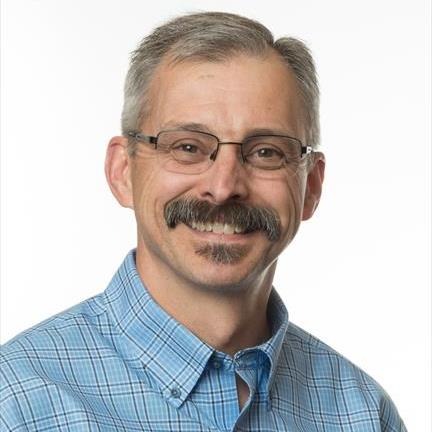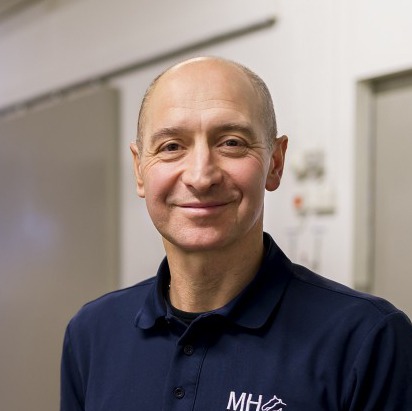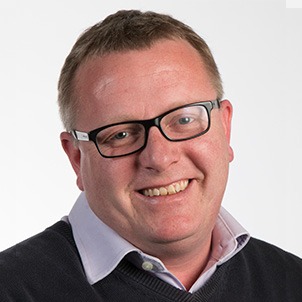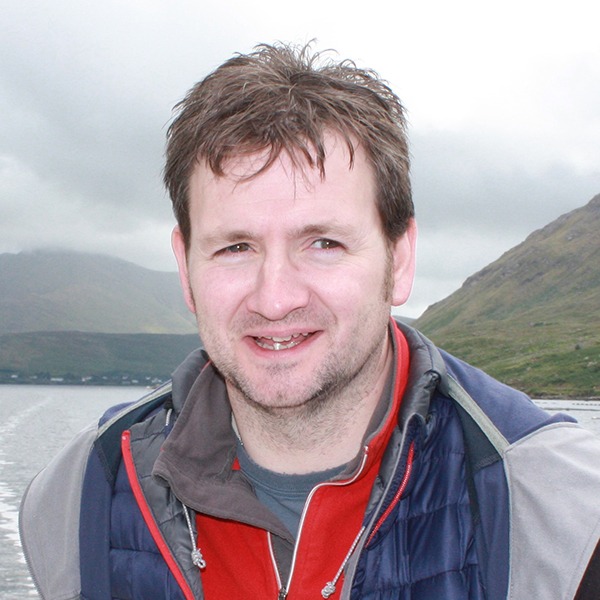New Developments in Equine Wound Care (Part 1 & 2)
Species
Equine
Contact Hours
12 Hours
Early Booking Deadline
Thu, 01 January, 1970
Registration Deadline
Thu, 01 January, 1970
Language
English
Discipline
Emergency & Critical Care
Orthopaedics
Surgery
Industry Partners
Global

Veterinary Partners
Global


Online Lecture Series – New Developments in Equine Wound Care (Part 1)
ONLINE LECTURE SERIES CONTENT
This webinar series focusses on decision-making and state-of-the-art treatment strategies for injured horses covering current topics like skin grafting techniques, the use of maggots, leaches, therapeutic laser, shockwave, aquatic & radiofrequency therapy. The panel of highly experienced surgeons who have dedicated a significant portion of their careers to equine wound care, will cover the following topics through well-illustrated lectures and case presentations:
- How wounds heal and why they don’t (Physiology and impediments to healing)
- Wound Debridement – Getting it right and what’s new…
- Need a little help? – Maggots, Leaches and more
- Vacuum-Assisted Wound Healing
- Primary Wound Closure – Making it stretch…(Tension relieving techniques, skin mobilization,flaps & expansion)
- Skin Grafting – Island, Sheet & MEEK
- Bandaging, Splinting & Casting
- Wound Dressings – Does it really matter which one I choose?
- When the wound is not simple – Management Options for Chronic Wounds (incl. 2nd vs. 3rd Intention healing)
- NSAIDs & Antimicrobials – Are they required in the wounded horse and how do you deliver them
- Ancillary Therapeutic Modalities – Therapeutic Laser, Hyperbaric Oxygen Therapy, Shockwave Therapy, Aquatic Therapy & Radiofrequency Therapy
- Wound Triage Case-Discussions – Challenging Cases
Panel Discussion – Controversial Topics in Equine Wound Care - Part 2
Date: 28th July, 2020 Time: 19:00h - 22:00h CET (live) & access to on-demand viewing of recording
CONTENT DESCRIPTION
The panel discussion can either be booked together with the webinar series on 'New Developments in Equine Wound Care' or as a stand alone offering. All three panellists have vast experience with wound care in horses and will represent North American and European views and approaches to the international audience. Each one of them holds strong views and opinions and they will debate the following controversial subjects:
- Casts are not a safe way to manage wounds
- Old Wounds – To close or not to close?
- Wounds below the hock /carpus – Do they invariably break down?
- Wounds of the stifle – Disaster or manageable?
Clinical Interests: Equine Endoscopic Surgery including Laparoscopy, Arthroscopy and Flexible Endoscopy, Wound healing, Lameness. Research Interests: Laparoscopic Surgical Approaches, Wound Healing, Pain Relief, Teaching Methods
Dylan studied veterinary science at Bristol University, in the UK. Following an internship in equine surgery at the Royal Veterinary College in London, he moved to Manchester where he investigated the role of growth factors in abdominal adhesion formation. After completing his PhD in 2003, he undertook a three-year surgical residency at Liverpool University, before moving to Sweden with his wife and three children.
Dylan works as a surgeon at Mälaren Hästklinik, one of busiest hospitals in Skandinavia. He is a recognised European specialist in equine surgery, having obtained the Diploma in 2008 (Dipl. ECVS). He has lectured internationally in equine wound management.
Since December 2020, he has been working as chief surgeon at the equine clinic at Uppsala University.
Justin graduated from the RVC in 1997 and completed a Junior Clinical Training Scholarship at the RVC in 1998. He then completed 3-year Senior Clinical Training Scholarship in Equine Surgery and Masters of Science at the University of Edinburgh and Auburn University, U.S.A. He worked as a lecturer in Equine Surgery at University College Dublin, Ireland before returning to the RVC in 2003 as a lecturer in Equine Surgery.
Patrick is Professor of Veterinary Surgery and Remote and Rural Medicine at the Universities of Glasgow and Edinburgh and the Director of the Glasgow Equine Hospital and Practice. Patrick has worked in general and specialist veterinary practice for 25 years and is a specialist in large animal surgery with an interest in trauma, wound healing and supporting vets and animal owners in resource limited settings across the globe. A Fellow of the Royal College of Veterinary Surgeons for meritorious contribution to clinical practice, Patrick is involved in projects with some of the world's 150 million working horses, donkeys and mules, including setting up training programs for vets and animal owners, and has developed networks for veterinary practitioners in remote rural and resource limited settings including telemedicine and in field support from the Scottish Highlands and Islands to The Gambia. Patrick is undertaking a master’s program in Disaster Medicine and Emergency Management and is collaborating with the Worldwide Veterinary Service to develop guidelines to support the animals of displaced people.
Working with the British Animal Rescue and Trauma Association (BARTA), The Scottish Fire and Rescue Service and the veterinary profession, Patrick introduced training for incidents involving animals, animal rescue, and for supporting animals in disasters. In addition, he has worked to introduce training for first responders and vets in the high stake’s environments of equine competitive events.
Patrick is an international speaker and researcher and has introduced transformative training for veterinary undergraduates in resilience, performance, team dynamics and leadership.
Patrick is inspired by developing partnerships and collaboration between those working in all types of high stakes environments and improving the health and wellbeing of people and animals.
A keen runner, kayaker and piper, Patrick lives with his partner, and three children in west central Scotland
Veterinary Student
Online Lecture Series
USD 100.00
Qualified Vet
Online Lecture Series
USD 485.00
Intern/Resident (Requires proof of status)
Online Lecture Series
USD 365.00
Vet Nurse/Vet Tech (Requires proof of status)
Online Lecture Series
USD 365.00
If the options you are looking for are unavailable, please contact us.
No tax will be added unless you are a UK taxpayer
Choose currency at checkout


















